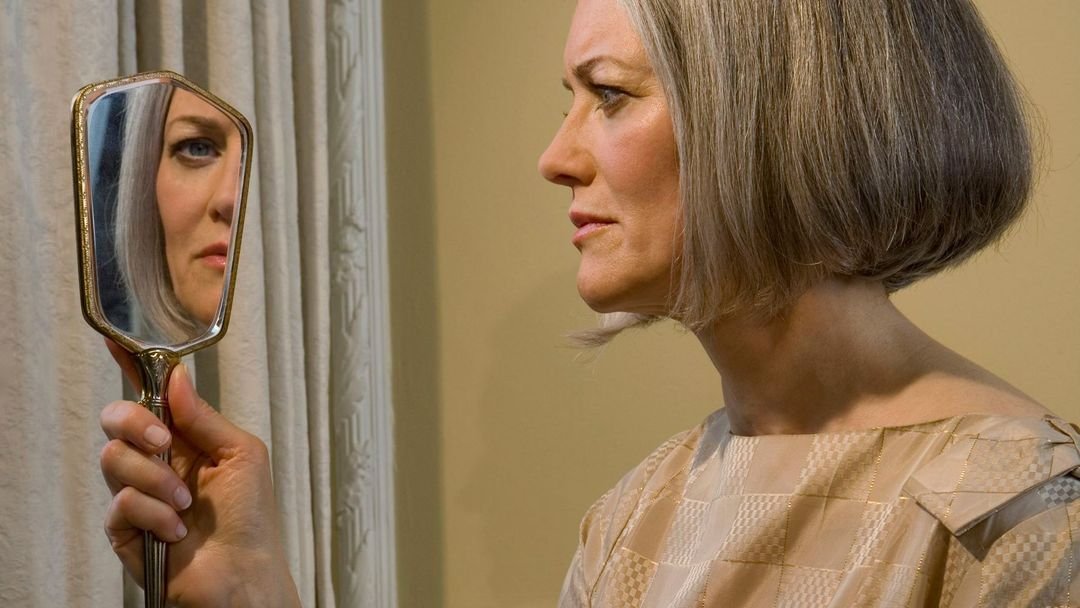In our society, the need to be strong, fearless and independent is often perceived. However, true courage is not necessarily a display of strength, but rather a willingness to be fragile and open to vulnerability. Vulnerability is not a sign of weakness, but a path to deeper self-understanding, to true interpersonal relationships, and to resilience. Here are three ways the courage to be fragile can be a gateway to our inner strength.
Self Acceptance: The First Step to Authenticity
Vulnerability begins with a willingness to be honest with yourself, to accept your own emotions, thoughts and weaknesses. This self-acceptance allows for a deeper awareness of one’s own values and desires. When we are able to face our fears and insecurities openly, we become more authentic with ourselves and others. Authenticity then leads to greater self-confidence and true self-confidence, because it does not depend on external confirmation, but on internal conviction.
Building Deeper Relationships: The Power of Vulnerability
Openness and vulnerability in interpersonal relationships can lead to their deepening and strengthening. By showing our true nature, we give others the opportunity to truly know us, allowing stronger emotional bonds to be created. When we open up and share our fears, hopes and dreams, we create space for mutual trust and support. This vulnerability can be the basis for lasting and meaningful relationships that give us strength in difficult times.
Personal Growth and Resilience: Learning from Vulnerability
Vulnerability also teaches us to be more resilient. Every opening up, every acceptance of failure or mistake provides us with an opportunity to learn and grow. By overcoming the fear of rejection and facing challenges, we learn how to recover from adversity and how to seek solutions instead of avoiding risk. This process makes us more resilient as we build internal resources to help us face future challenges.




